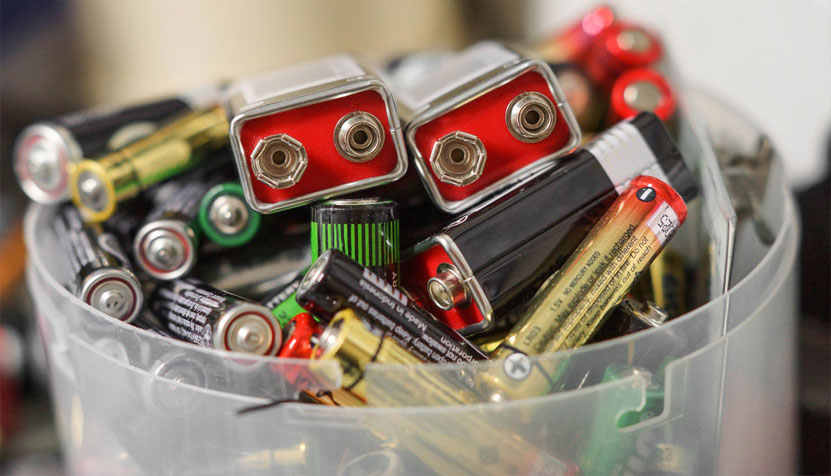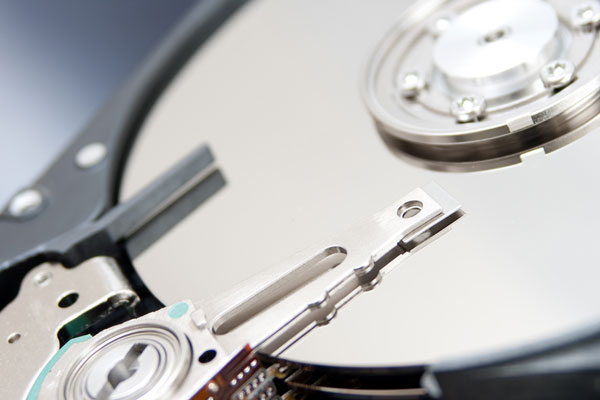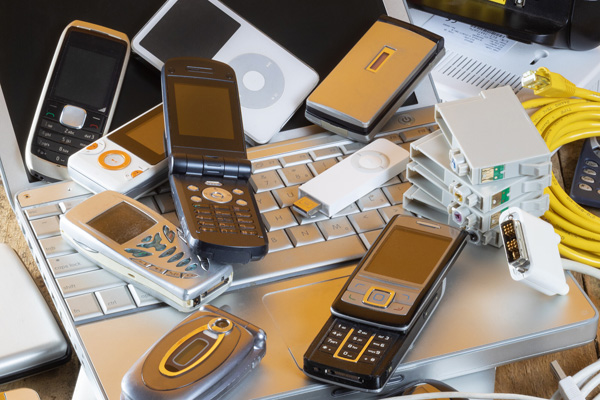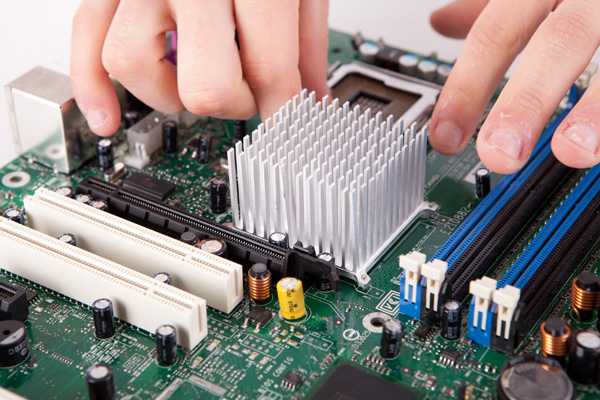Myths and Misinformation on Battery Care and Use
At Protec Recycling, we know there are a lot of myths regarding battery care and use, and yet according to the Environmental Protection Agency, Americans throw away more than 3 billion batteries every year.
When it comes to something as ubiquitous as the household battery, a product we use every day, shouldn’t we know more about its proper care and disposal? To start, here are some myths and realities:
- Storing batteries in a freezer or refrigerator prolongs their life? DEPENDS – Lower temperatures make no real difference when it comes to alkaline batteries. It can help NiMH and NiCd batteries slow their self-discharge, but always bring them back to room temperature before using.
- Rechargeable batteries have a lower capacity? NOT TRUE – For most high drain electronic devices, such as digital cameras, rechargeable batteries will continue to work longer than alkaline batteries, especially NiMH batteries.
- Heavy Duty batteries are more reliable? NOT NECESSARILY – Terms like heavy duty, high capacity, and long life are marketing terms not industry standards. “Heavy Duty” was coined when zinc chloride batteries came on the market in the 1960s!
Is it Safe to Throw Them Away?
When it comes to battery disposal, the situation can be just as confusing, and you may find conflicting information online.
For example, Duracell and Energizer both now make their single-use alkaline batteries out of common, non-toxic metals that can be disposed of in household waste in most states (California being an exception).
However, single-use batteries CAN be recycled, and big retail stores often make it easy with battery collection boxes, or there may be a battery recycling program in your community.
Rechargeable batteries, in contrast, are covered by Federal requirements for battery recycling, including The Battery Act and the Universal Waste Rule. That is because rechargeables often contain toxic materials like nickel cadmium and lead.
Rechargable batteries both can and should be recycled.
Here is a rundown of some common battery types:
- Alkaline Batteries – safe to throw away, but preferable to recycle.
- Lithium Batteries – safe to throw away, but preferable to recycle.
- Button Batteries – contain hazardous materials like silver oxide and mercuric oxide. Should be disposed of as household hazardous waste.
- Nickel-Cadmium and Lead-Acid Batteries – are often considered hazardous waste but may be recyclable in some locations.
- Nickel-Metal-Hydride Batteries – considered safe to throw away in many states, but does contain some metals and materials considered hazardous in large quantities. Best to recycle whenever possible.
- Car Batteries – car batteries contain sulfuric acid, a very dangerous substance. Often you can turn over your old battery to the battery retailer when buying a new one. Otherwise it is hazardous waste.
Whenever possible, Protec recommends the use of rechargeable batteries. Today’s NiMH rechargeable batteries, from a reputable manufacturer, are as good as alkaline batteries or better. They can be recharged hundreds of times, saving landfills from endless tons of battery waste, and they are recyclable. A win-win!
If you have questions about battery recycling in Alabama, or need information on electronics and e-Waste recycling, call us at 205-549-2120.




